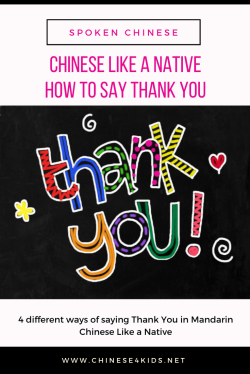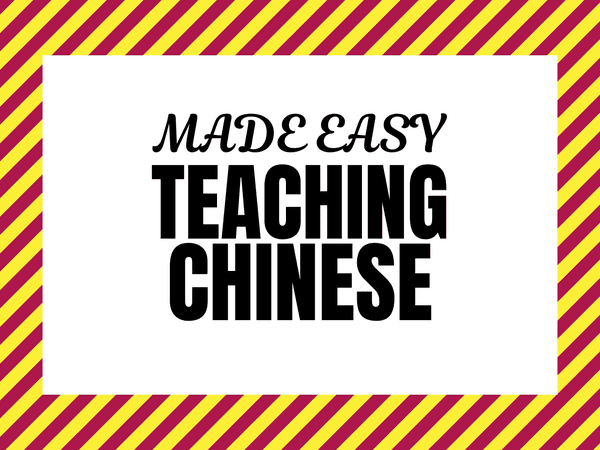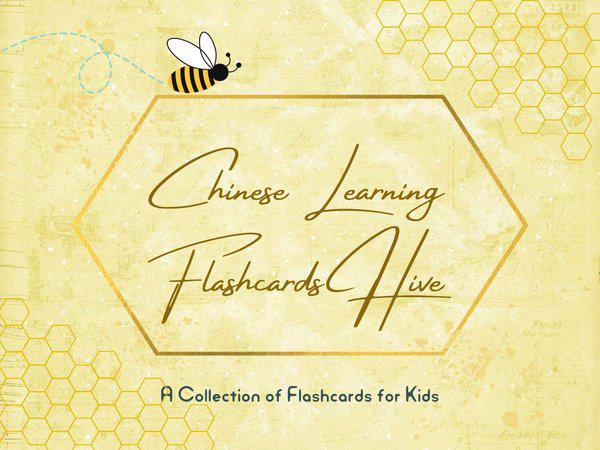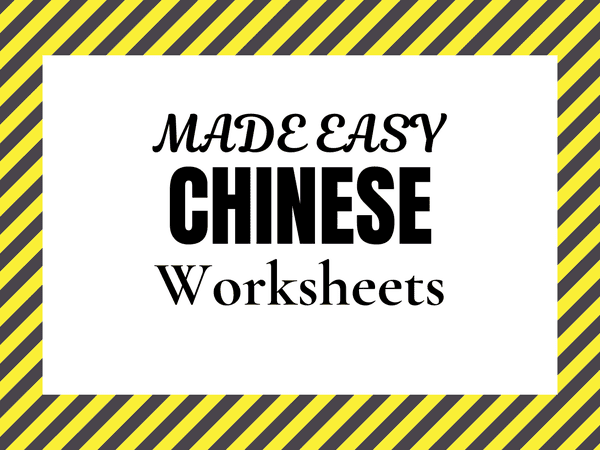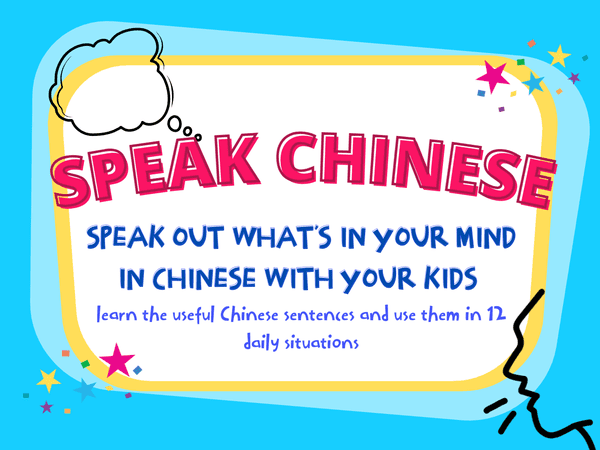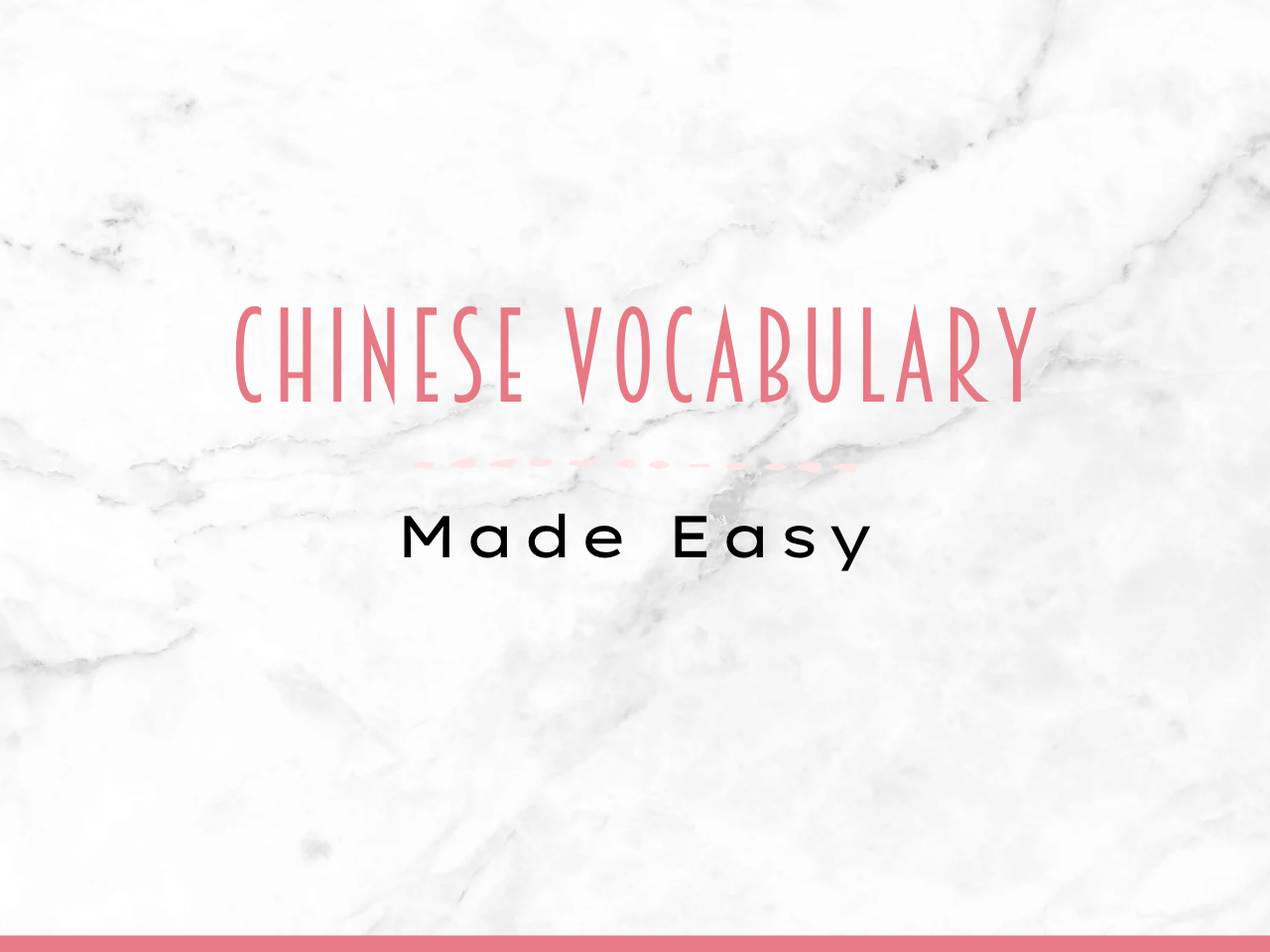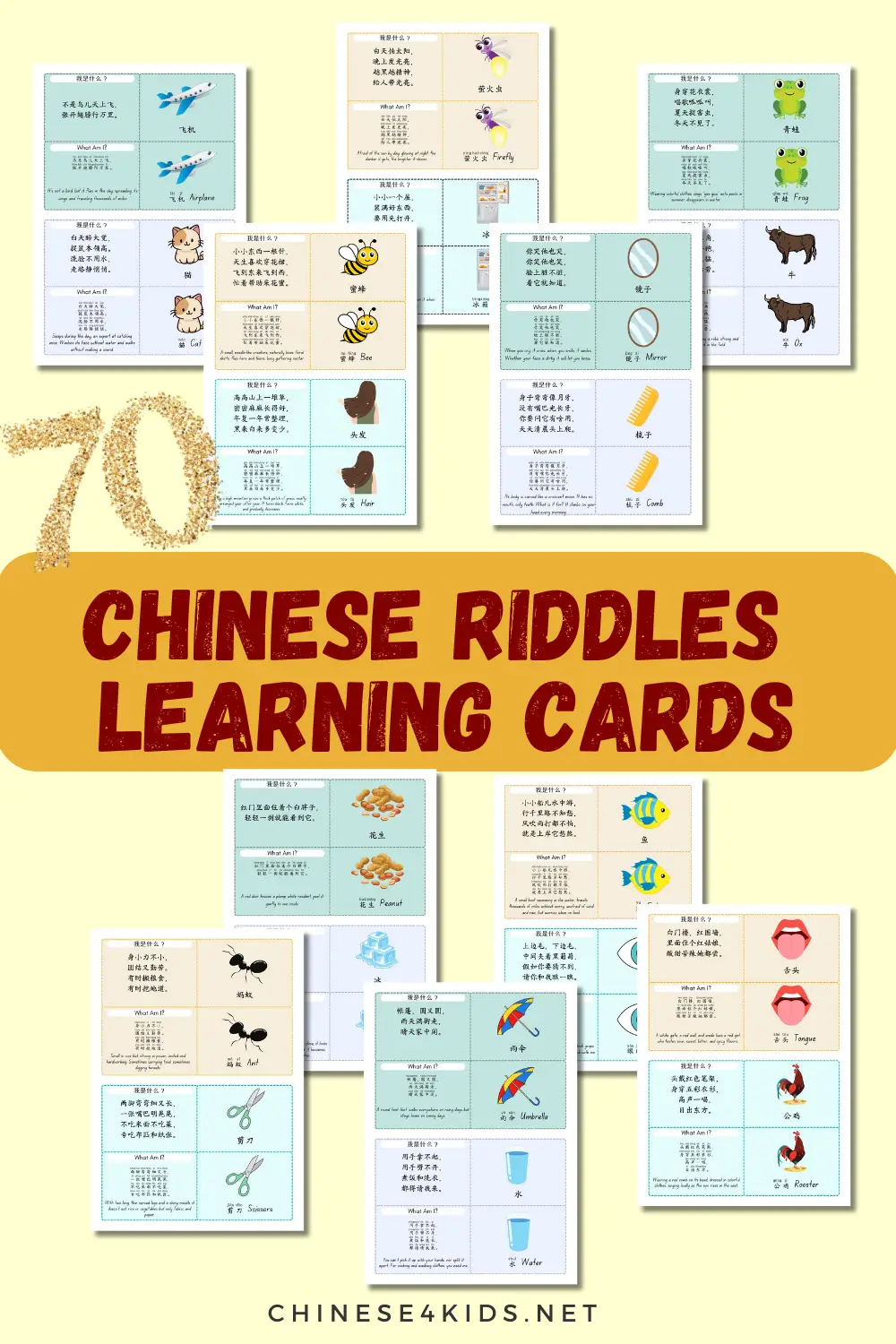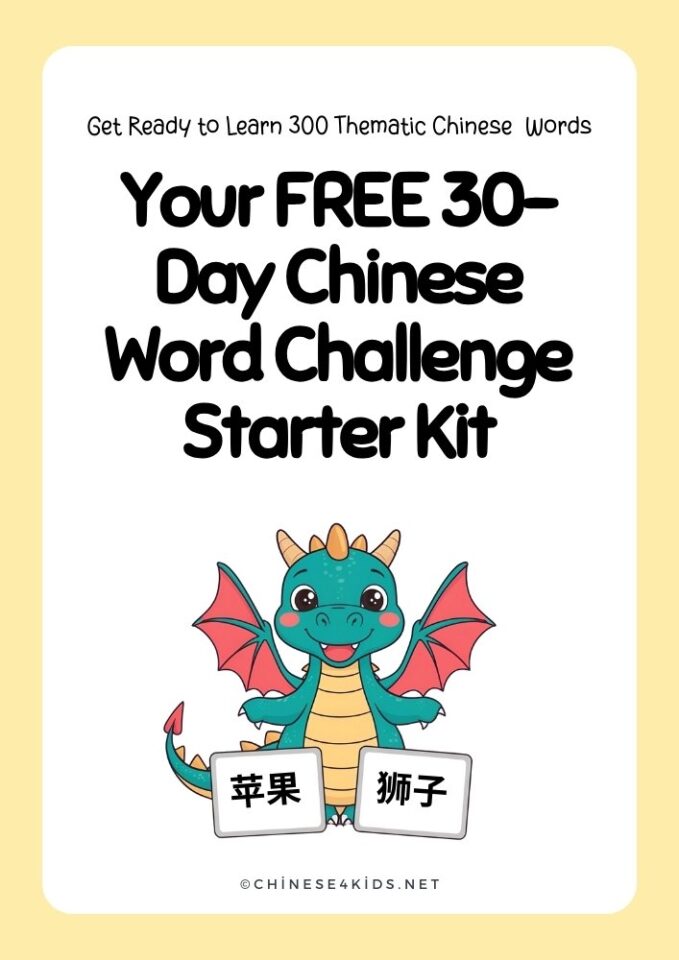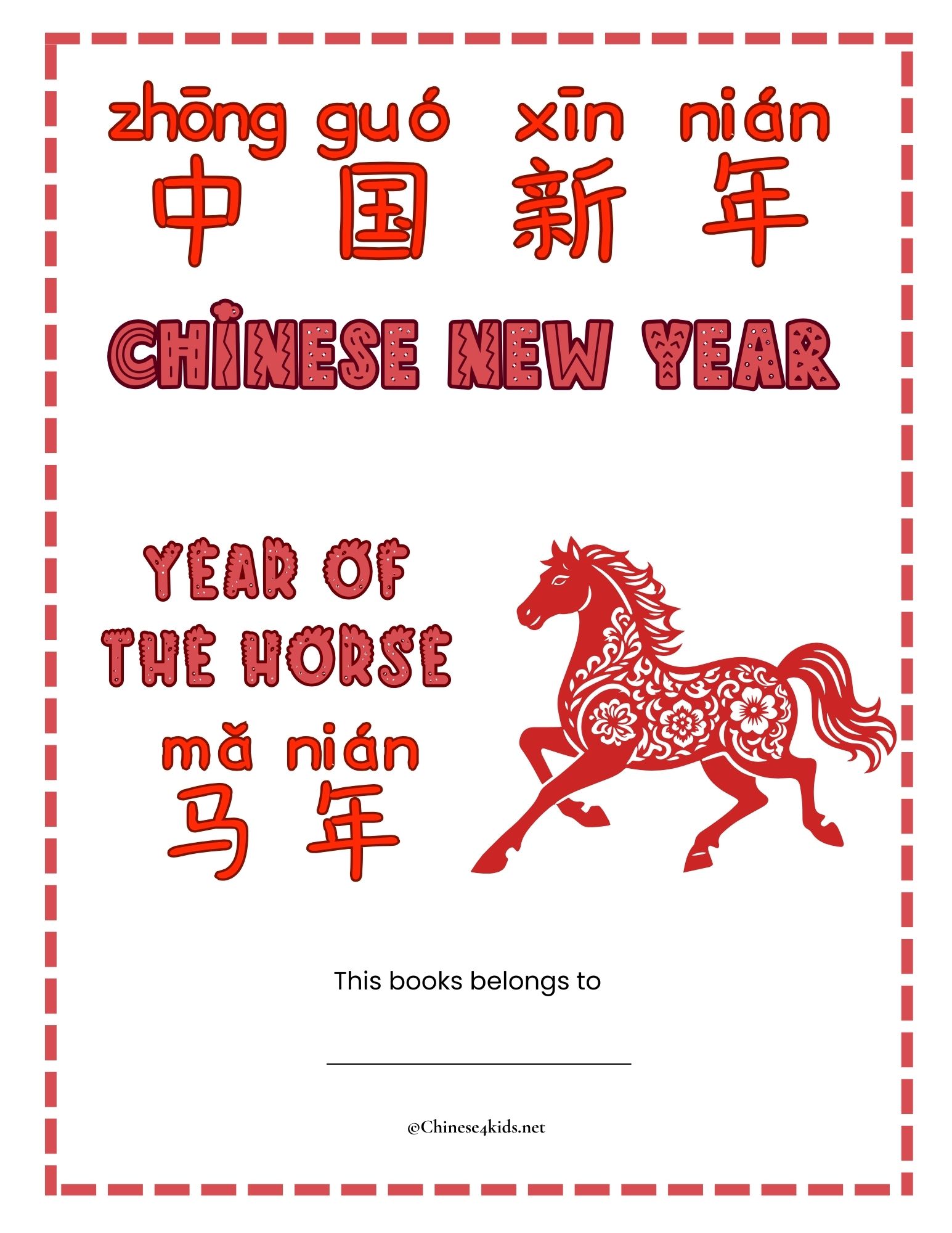
How to Say Thank You in Chinese like a Native
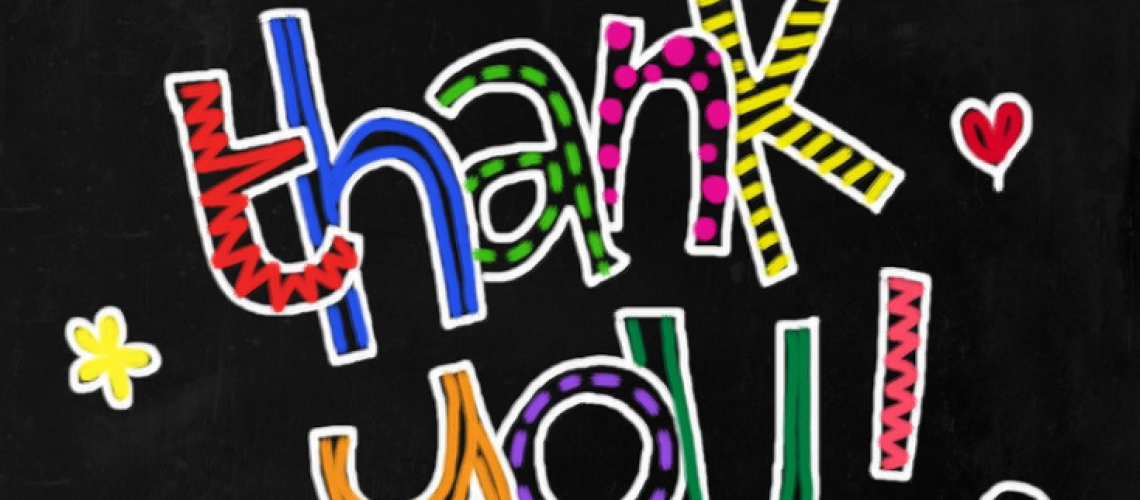
You now know how to say “Hello” and “Goodbye” in different situations in Chinese, you can impress a lot of people. Let’s learn to say Thank You in Chinese like a native.
A PLAIN “THANK YOU” IN CHINESE
“Thank you” is 谢谢 in Chinese, which you might already know. Indeed, if you only know “谢谢“,you can still get by in nearly all situations in China. However, we can learn different ways of saying “thank you”, just like a native.
Among friends or family members, “thank you” sometimes sounds a bit formal. We can use “谢了” to express “thanks”.
In summary,
谢谢. Xièxiè. Thank you.
谢了. Xièle. Thanks.
In Chinese, many times, a person is added after “谢谢“ to make it more personal. For example,
谢谢你。
Xièxiè nǐ.
Thank you.谢谢您。
Xièxiè nín.
Thank you. (used when addressing to an elderly person or a person of higher rank)谢谢你们。
Xièxiè nǐmen.
Thank you. (used when addressing a group of people informally.)谢谢老师。
Xièxiè lǎoshī.
Thank you teacher.谢谢爷爷。
Xièxiè yéyé.
Thank you Grandpa.谢谢老板。
Xièxiè lǎobǎn.
Thank you Boss.谢谢大家。
Xièxiè dàjiā.
Thank you all. (used when addressing a group of people in a relatively formal situation.)
“THANK YOU VERY MUCH” IN CHINESE
Like in English, there are many ways to express “Thank you very much”. Here are some examples,
多谢。
Duōxiè.
Thanks a bunch.非常感谢。
Fēicháng gǎnxiè.
Thank you very much.太谢谢了。
Tài xièxièle.
Thanks so much.万分感谢。
Wànfēn gǎnxiè.
Many thanks.
THANK YOU FOR SOMETHING SPECIFIC IN CHINESE
When we want to thank for something specific, we say “ Thank you for…” in English. It is not necessary to add a conjunction word like “for”. We can add the thing right after “谢谢“。Let’s have a look at some examples:
谢谢你的爱。
Xièxiè nǐ de ài
Thank you for your love.谢谢你的礼物。
Xièxiè nǐ de lǐwù.
Thank you for your gift.谢谢你的支持。
Xièxiè nǐ de zhīchí.
Thank you for your support.谢谢你的帮助。
Xièxiè nǐ de bāngzhù.
Thank you for your help.谢谢你的夸奖。
Xièxiè nǐ de kuājiǎng.
Thank you for your compliment.
哪里哪里!WHEN ANSWERING FLATTERY IN CHINESE
In China, people value modesty. When others give a person flattery, it is viewed right to reply as in English “Thank you”. Instead, Chinese people would use 哪里哪里 (nǎ lǐ nǎ lǐ) which means “where where” literally. In this situation, it actually means “ you’re too kind / you flatter me”.
For example,
你的中文很好。
Nǐ de zhōngwén hěn hǎo
Your Chinese is very good.哪里哪里。
nǎ lǐ nǎ lǐ.
You are too kind. You Flatter me.
Another phrase used in similar situation is “过奖了“ (I am flattered.) It is often used together with 哪里哪里.
For example,
你的中国字写得真好!
Nǐ de zhōngguó zì xiě dé zhēn hǎo
Your Chinese character writing is really good.哪里哪里,过奖了!
nǎ lǐ nǎ lǐ, nín guò jiǎng le
I am flattered.
If you like this post, PIN IT!
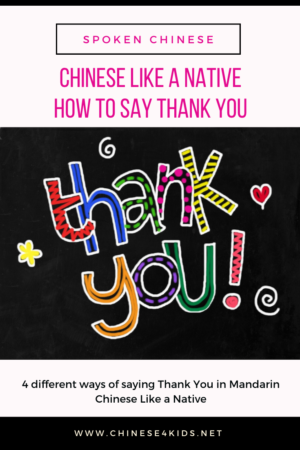
Resources Mentioned Above
You May Also Be Interested:
- Chinese4kids Membership – a portal for busy Chinese teachers and parents
- Chinese learning flashcards Hive – a flashcards library that with regular additions of new quality Chinese learning flashcards
- Chinese learning worksheets collection – Also a part of Chinese4kids membership, this collection is for teachers and parents who want to have access to engaging worksheets and activity sheets created for kids learning Mandarin Chinese as an additional language
- Speak Chinese with Kids Course
- Chinese Vocabulary Made Easy Course
Recent Posts
Join Our Membership
Enroll to A Course
Buy An eBOOK
Our Posts
